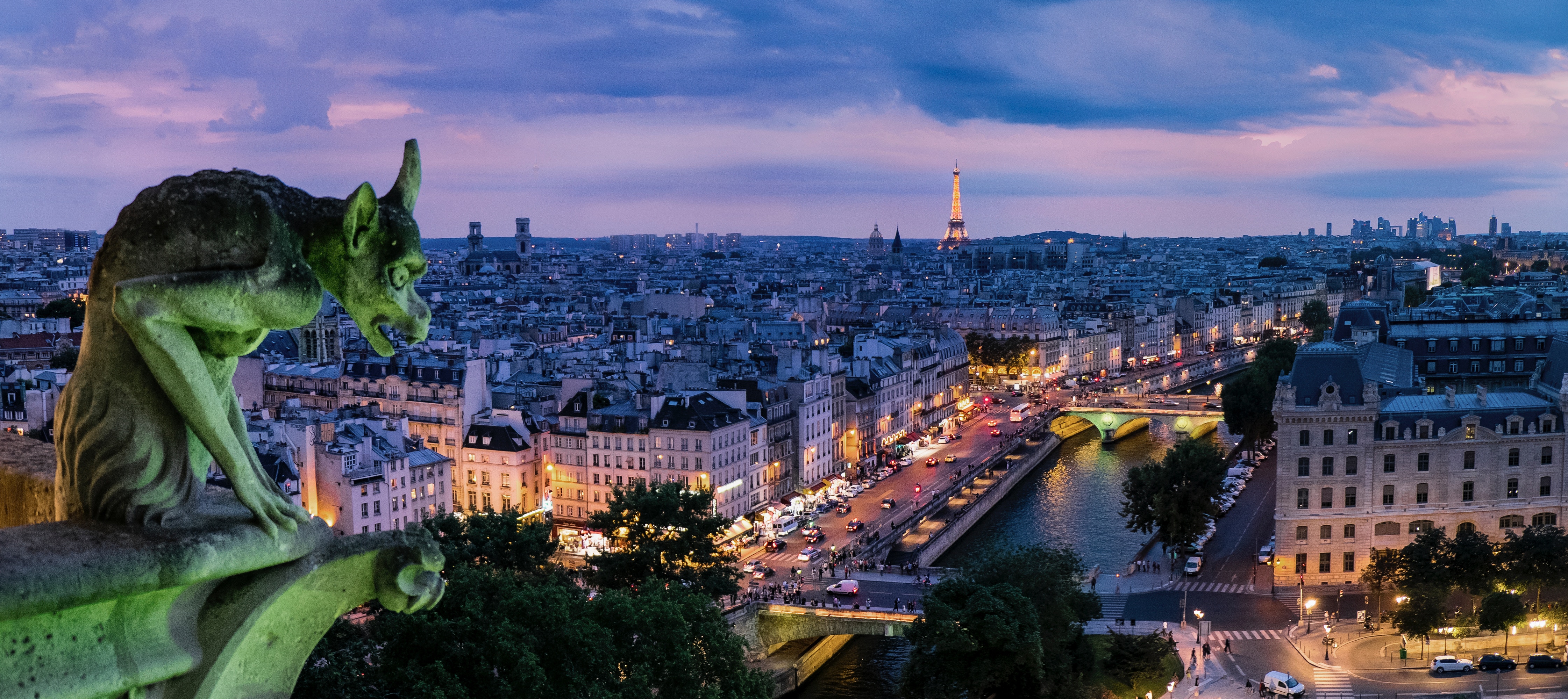In mid-September, Brazilian officials seized $1.4 million in cash and $15 million in watches from the unashamedly extravagant Vice President of Equatorial Guinea, Teodorin Nguema Obiang. Though this case is only in its early stages, it is minor compared to previous seizures of Obiang’s assets by Western governments. Last year, French courts seized his 101-room mansion near the Arc de Triomphe in Paris and more than $115 million worth of luxury goods. The Netherlands seized his $120 million yacht in 2016. The examples abound as Western courts continue to seize assets that Obiang claims are part of his government — but why are Western governments pursuing these seizures in the first place? Will they actually promote transparency? Autocrats like Obiang get rich by stealing natural resource wealth from their people and scantily investing in public services. Although asset seizures by Western governments deter future embezzlement to some degree, the seized wealth is retained by the Western government, making moot their desire to support development. However, these assets in their entirety must be returned directly back to the people in Equatorial Guinea for cases like these to truly be resolved.
Recently, we have seen European governments begin to pursue criminal cases against many leaders of the global South for hoarding their country’s natural resource wealth. The French investigations are a key example: More Western governments are wary of autocrats taking advantage of the West’s robust financial systems. Under the pretense of biens mal acquis or “ill-gotten goods,” France spent a decade investigating the 70 bank accounts and assets accumulated over the 42 years of Gabon’s President Omar Bongo and his family’s rule. France ended the probe in 2017, but not before seizing 32 of Bongo’s family’s properties. The Office central de répression de la grande délinquance financière (OCRGDF) also charged the Republic of Congo’s President Denis Sassou Nguesso’s family members with money laundering, and in 2015, French courts ordered the seizure of property tied to the family.
The move toward holding world leaders accountable for their stealing has followed intense international pressure by civic and advocacy groups and conversations about the “Resource Curse,” where a country paradoxically has enormous natural resource wealth yet poor citizens. Equatorial Guinea’s suffering from the Curse stems from the domination of the colonial elite who drove Equatorial Guinea’s politics and economy post-independence. Their leadership led to the deterioration of existing services in Equatorial Guinea, gradually resulting in the closure of all schools in 1975 and the eventual collapse of electrical, water, road, transportation, and health infrastructure. The elites in the country receded to the small island of Bioko. Their physical and social separation from the rest of the country laid the grounds for their rampant embezzling of the country’s mineral and eventual oil wealth as well as the subsequent purchasing of the properties being seized today.
Although Equatorial Guinea has the highest per capita GDP in Africa, ranking 37th in the world, 77% of its population lives in poverty. Half of the country has no access to clean water and 20% of children die before the age of five. For the last 40 years school attendance has declined, making the country 138th on the Human Development Index. To help redirect resource wealth towards citizens, groups like the Extractive Industries Transparency Initiative (EITI) gather information about a country’s mining, oil, and gas extraction, setting standards and publishing information about how these revenues travel along the value chain, through government, to benefit citizens. But they review and revoke membership — like that of Equatorial Guinea — when a country fails to publish records and follow standards. With no membership in the EITI, unmonitored extraction continues unfettered. At the end of the day, very little of the country’s natural resource wealth is being allocated to the people who live on the land where minerals are extracted, and although the recent transparency initiatives have targeted the country’s criminal leadership, they still have not concretely increased the standard of living in Equatorial Guinea.
Whether Western governments hope to curb corruption by investigating embezzlement or, more perniciously, to indirectly extract unfairly obtained wealth from these countries, money is not being returned to its rightful owners. The seized property is not returned to the dictator, but neither is it returned to the people. Instead, this property is sold off and the generated wealth is retained by the Western government.
Furthermore, France has only investigated countries in the global South that they find exploitable. France had looked the other way for Gaddafi’s Libya, leaving many of his assets intact despite clear evidence of corruption. While the French government claims heroism in this fight against these countries’ “kleptocratic dynasties,” these recent drives blatantly ignore the long history of secretive relationships between French leaders and Françafrique autocrats who often directly benefit from mutual monetary political support.
Nonetheless, Western governments and international organizations seem to be working ostensibly towards the same goal, to increase the standard of living of people in countries where autocrats and their kleptocracies loot and dominate. But these campaigns remain somewhat misaligned. Western governments prosecute in response to reports like those from the EITI, but they don’t finish executing the whole project. Perhaps Western countries are capable of returning assets to local people, but they simply they don’t want to.
How can we ensure that natural resource wealth is truly handed back to the rightful citizens? Has property seizure from autocrats become a new form of extraction from sub-Saharan Africa, or have the attempts at transparency just fallen short?
